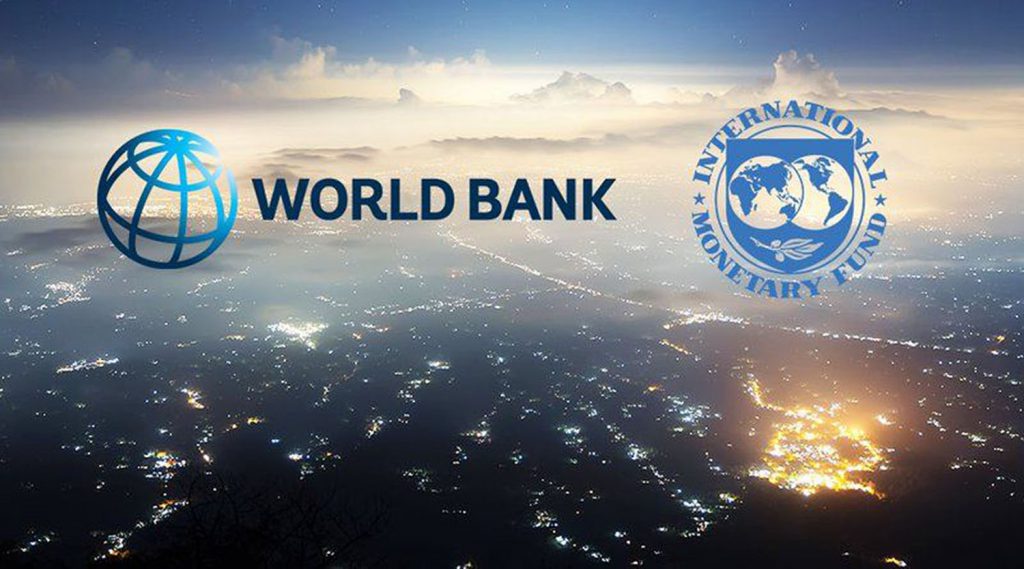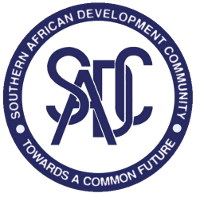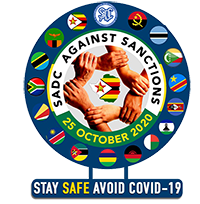International organisations are adding their weight to the Southern African Development Community’s demand for an end to illegal Western sanctions on Zimbabwe.
Sadc, at its recent Summit in Tanzania, declared October 25, 2019 a Solidarity Day Against Sanctions on Zimbabwe.
Now, other international organisations – some of them openly hostile to President Emmerson Mnangagwa’s administration – have come out in support of an end to the economic embargo that is adversely affecting the livelihoods of ordinary people.
Finance and Economic Development Minister Professor Mthuli Ncube recently said his engagements at World Bank and IMF annual meetings, and a panel discussion organised by Washington-based think-tank the Cato Institute, that the world was starting to agree with President Mnangagwa’s push for an end to sanctions.
“There is enormous goodwill from the international economic community and investors for Zimbabwe to succeed on its Transitional Stabilisation Programme- driven reform agenda.
“Some global think tanks such as Cato Institute, and African countries, have called for removal of sanctions on Zimbabwe, which have cut off credit lines into Zimbabwe’s private sector and, therefore, impacting negatively on job creation and the poor,” he said.
International creditors, he said, pledged to continue working with Harare in its strategy to clear its international debts.
“The IMF, World Bank and all credit countries in the G7 group support Zimbabwe’s economic reforms and institutional reforms.
“The global support for Zimbabwe culminated in the agreement by the IMF to a Staff Monitored Programme, which will pave the way for debt arrears clearance and inflows of new capital into the economy. The World Bank facilitated many forums for Zimbabwe to engage stakeholders.
“The SMP will assist Zimbabwe in creating a track record on the reform agenda under the TSP, which is already underway. The track record is a critical input into crafting a financial bailout package and arrears clearance.”
During discussions at the Cato Institute in Washington, experts were unanimous in calling for the removal of sanctions, which they said impeded Zimbabwe’s economic growth.
Professor Steve Hanke of John Hopkins University, a long-time Government critic, said sanctions should be removed “immediately”.
“Sanctions should be dropped immediately. Sanctions don’t work. The history of economic and financial sanctions is one failure after another, the production of all kinds of negative, unintended consequences,” said Prof Hanke.
American economist and journalist Barry Wood said the claim that sanctions were “targeted” was flawed.
Mr Gyude Moore of the Centre for Global Development added: “Sanctions that target the people of Zimbabwe ordinarily is not going to work and in the long term is not going to help resolve the issues in Zimbabwe.”





